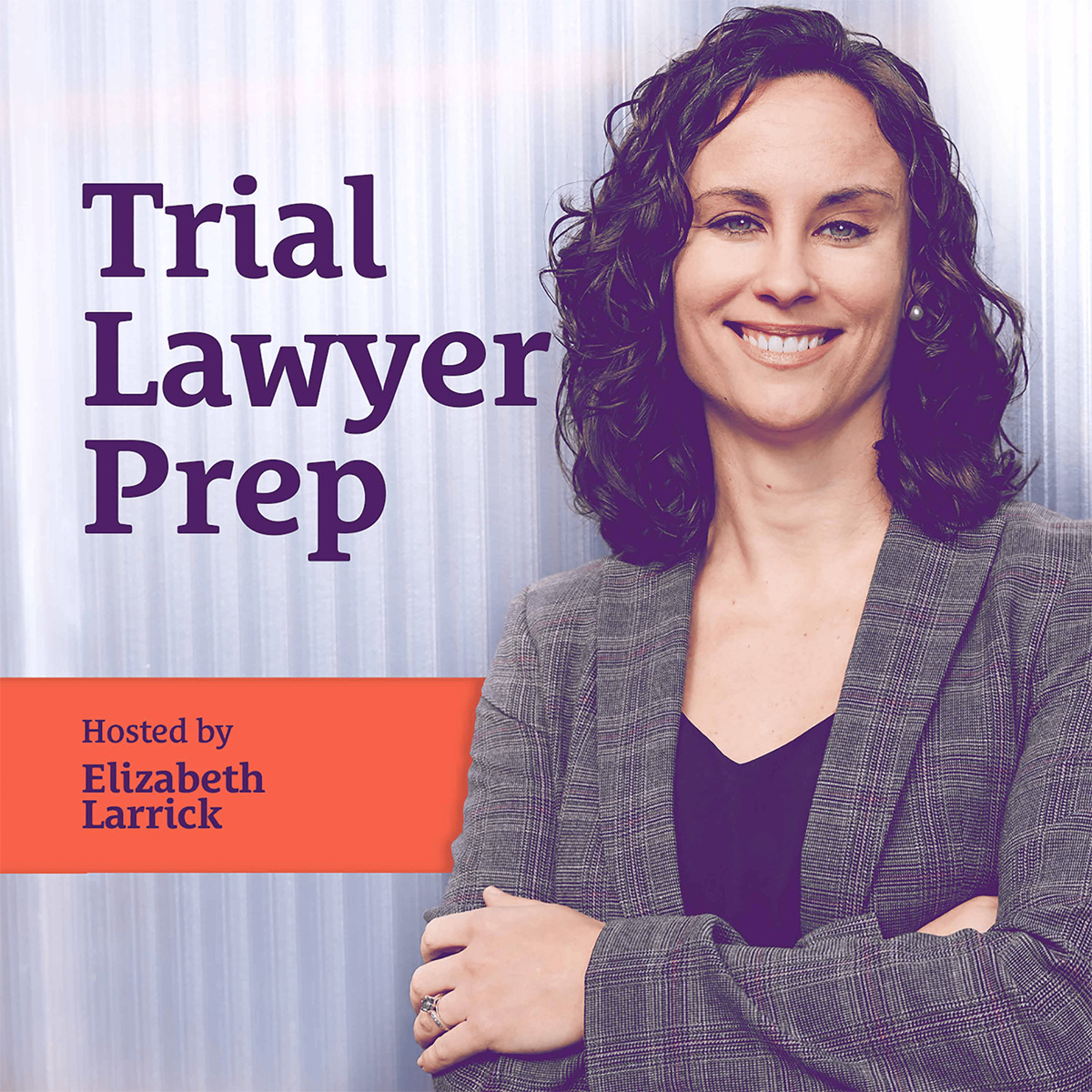Jury Trial Organization and Management
Continuing this trial series today, we talk about trial management and organization, specifically, about organizing your team, organizing documents, and how to manage that day-to-day changes with your team. As you replicate trial organization over and over, it helps the trial team handle uncertainties and changes as well as focus more on the key things they need to prioritize.
Trials have different levels of management due to a number of variables – the number of witnesses, the duration of each trial, and even the types of trials (wrongful death, medical malpractice, or premises liability). But no matter what, applying the exact same strategy for organizing people and documents is one of the keys to achieving success.
When you start this organization at a smaller level, it’s just going to make it easier to apply it when it gets to a bigger level with more information, more people, and more documents to manage.
In this episode, you will hear:
- Forming the team and identifying each one’s designation
- Using the binder system for organizing people and documents
- The importance of team meetings after the trial
- The deposition designations and motions
- Managing the day-to-day life of a trial
Subscribe and Review
Have you subscribed to our podcast? We’d love for you to subscribe if you haven’t yet.
We’d love it even more if you could drop a review or 5-star rating over on Apple Podcasts. Simply select “Ratings and Reviews” and “Write a Review” then a quick line with your favorite part of the episode. It only takes a second and it helps spread the word about the podcast.
Supporting Resources:
If you have questions, email Elizabeth directly: elizabeth@larricklawfirm.com.
Episode Credits:
If you like this podcast and are thinking of creating your own, consider talking to my producer, Emerald City Productions. They helped me grow and produce the podcast you are listening to right now. Find out more at https://emeraldcitypro.com Let them know I sent you.

